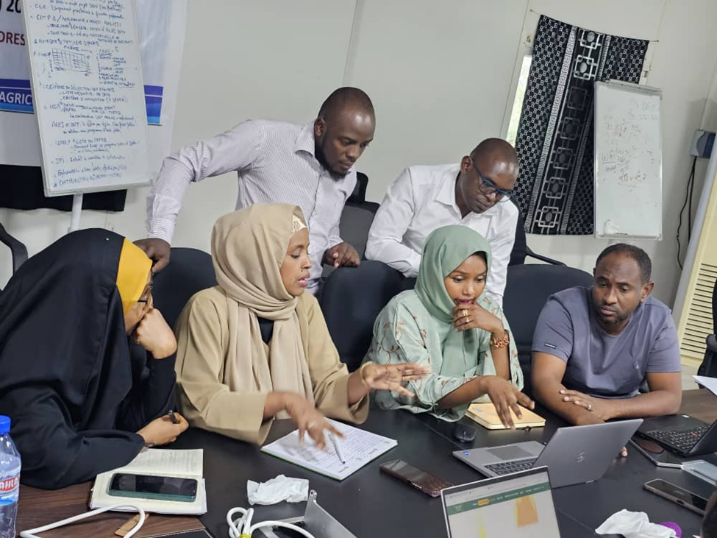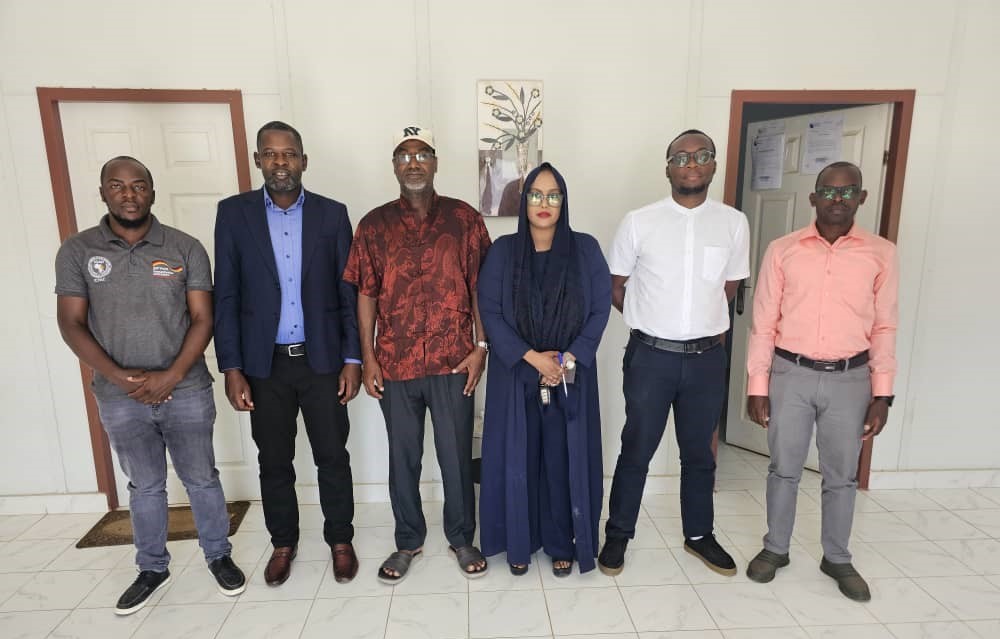As part of this effort, GWPEA in collaboration with the IGAD Climate Prediction and Applications Centre (ICPAC) organised a hands-on technical workshop in Djibouti last week. The training brought together experts from meteorological, agricultural, water, and humanitarian agencies, to enhance the technical capacity in issuing timely drought early warnings. After the training, participants were able to analyse climate and environmental indicators such as rainfall, soil moisture, and water point conditions tailored to Djibouti’s unique arid landscape.
The workshop aimed at guiding experts on developing automated impact based drought bulletins that integrate multi-sectoral data. These bulletins will be aligned with the existing Eastern Africa Drought Watch platform hosted by ICPAC to ensure regional consistency, and will provide national data, forecasts, and analytical tools that support scientific accuracy and policy coherence.
In addition, the training focused on empowering national experts to operate a multilingual, cloud-based communication platform called “Husika,” designed to bridge information gaps between government agencies and the local communities. The system is accessible through a mobile app, SMS, and web channels, and supports two-way communication, real-time alerts, and localized early warning dissemination. Husika supports widely spoken regional languages including: Amharic, Arabic, English, French, Swahili and Somali among others.

Above are some of the participants being taken through one of the practical sessions during the training.
The training was complemented by high level consultations with key policymakers and institutions involved in early warning and disaster risk management, including: The Agency Nationale de la Météorologie, the Ministère de l’Agriculture, de l’Eau, de l’Élevage, de la Pêche et des Ressources Halieutiques, and the Secrétariat Exécutif de la Gestion des Risques et des Catastrophes (SEGRC). This engagement formed part of ongoing efforts to enhance drought resilience and strengthen “Early Warning Systems,” (EWS) in the region.
“Strengthening drought early warning is not just a technical exercise, it requires clear mandates, coordinated institutions, and the ability to translate data into action,” highlighted Theobald Bizuhoraho, from GWPEA. “With tools like Husika and the new drought bulletins, we are building systems that will endure far beyond the DRESSEA project and deliver real value to communities on the frontline climate risks,” he added.

Officials after the training in Djibouti
By combining scientific data, digital innovation, and community-centered communication, the DRESSEA project and its partners are supporting Djibouti to operationalize a robust drought early warning system. This will promote better anticipation and response to climate risks, safeguard their livelihoods, and contribute to long term climate resilience across the IGAD region.